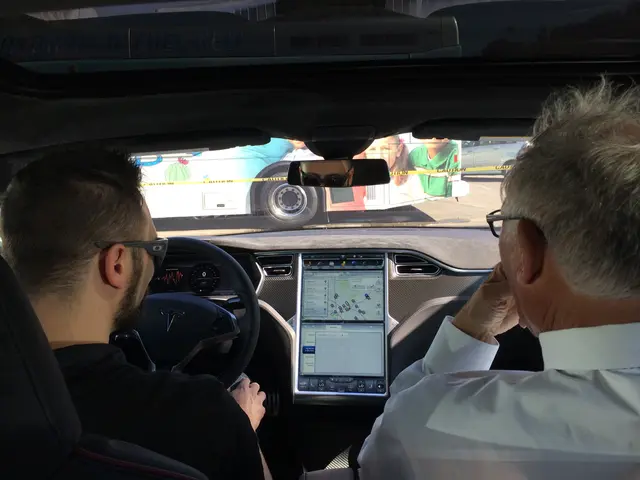Java's Callable and Future Interfaces for Asynchronous Programming
In the realm of Java programming, the ExecutorService and Callable interfaces provide a powerful means to manage concurrent tasks and improve application performance. These tools allow developers to submit tasks to a pool of threads, execute them asynchronously, and handle the results, all while maintaining a clean and manageable approach to exception handling.
The Role of ExecutorService
The ExecutorService serves as a manager for a pool of threads, enabling you to submit tasks to them for execution. It also offers the ability to shut down the thread pool when it's no longer needed. With the ExecutorService, you can execute tasks concurrently, thereby enhancing the overall performance of your application.
Introducing Callable
The Callable
Submitting Callable Tasks
To submit a Callable task to an ExecutorService, you can simply create an instance of the Callable class and use the method of the ExecutorService. The method returns a Future
Retrieving Results with Future
Calling blocks until the task completes and then returns the computed result. If the Callable throws a checked exception, it is wrapped in an ExecutionException thrown by . The Future object also provides methods like , , and to manage the task's lifecycle.
Example of Callable and Future
The following example demonstrates the usage of Callable and Future, including result and exception handling:
```java import java.util.concurrent.*;
public class CallableExample { public static void main(String[] args) { ExecutorService executor = Executors.newSingleThreadExecutor();
} ```
Key Points
- Callable.call() may throw checked exceptions, which are propagated wrapped in ExecutionException during future.get().
- Always handle InterruptedException and ExecutionException when calling Future.get().
- ExecutorService.shutdown() should be called to release resources once tasks finish.
This approach allows running asynchronous tasks that can produce results and handle exceptions in a clean, manageable way using Java concurrency utilities. With Callable and Future, you can create tasks that return a result (V) and throw checked exceptions, making it a versatile tool for various use cases in your Java applications.
Read also:
- Elon Musk accused by Sam Altman of exploiting X for personal gain
- Comparing the value of top electric scooters: Kinetic DX versus Bajaj Chetak versus TVS iQube - Which one offers the best bang for the buck?
- Tech tycoon Elon Musk alleges Apple is preferring OpenAI, sparking potential lawsuits contemplation
- China's Automotive Landscape: Toyota's Innovative Strategy in Self-Driving Vehicles








